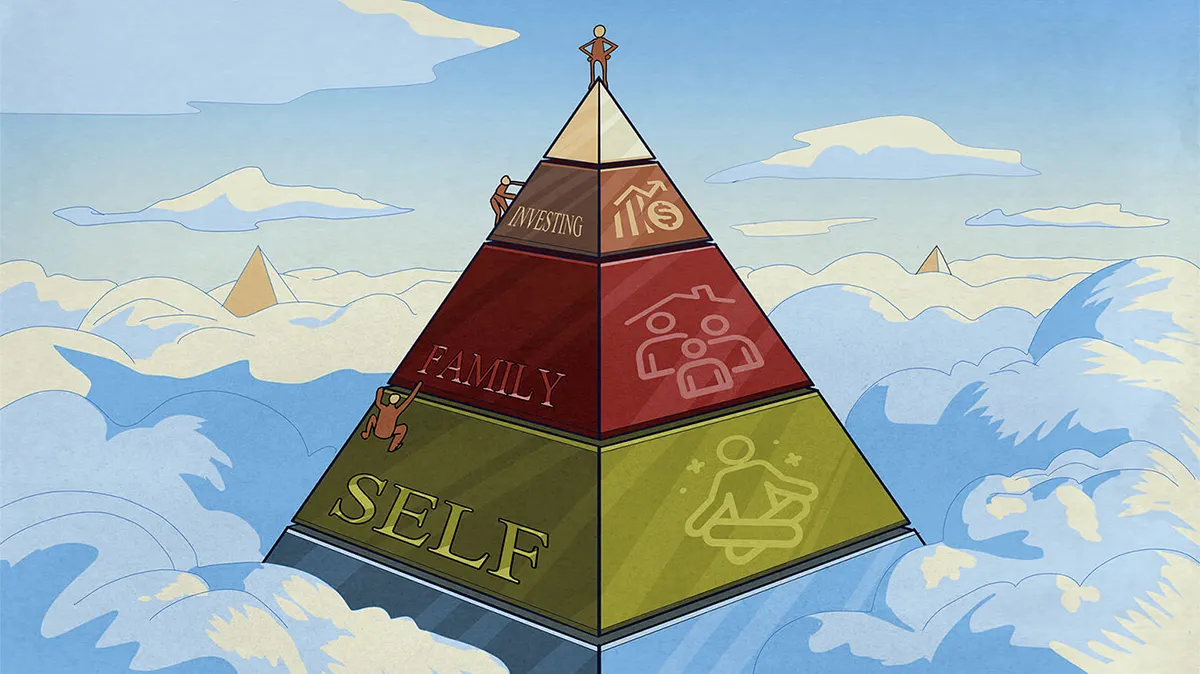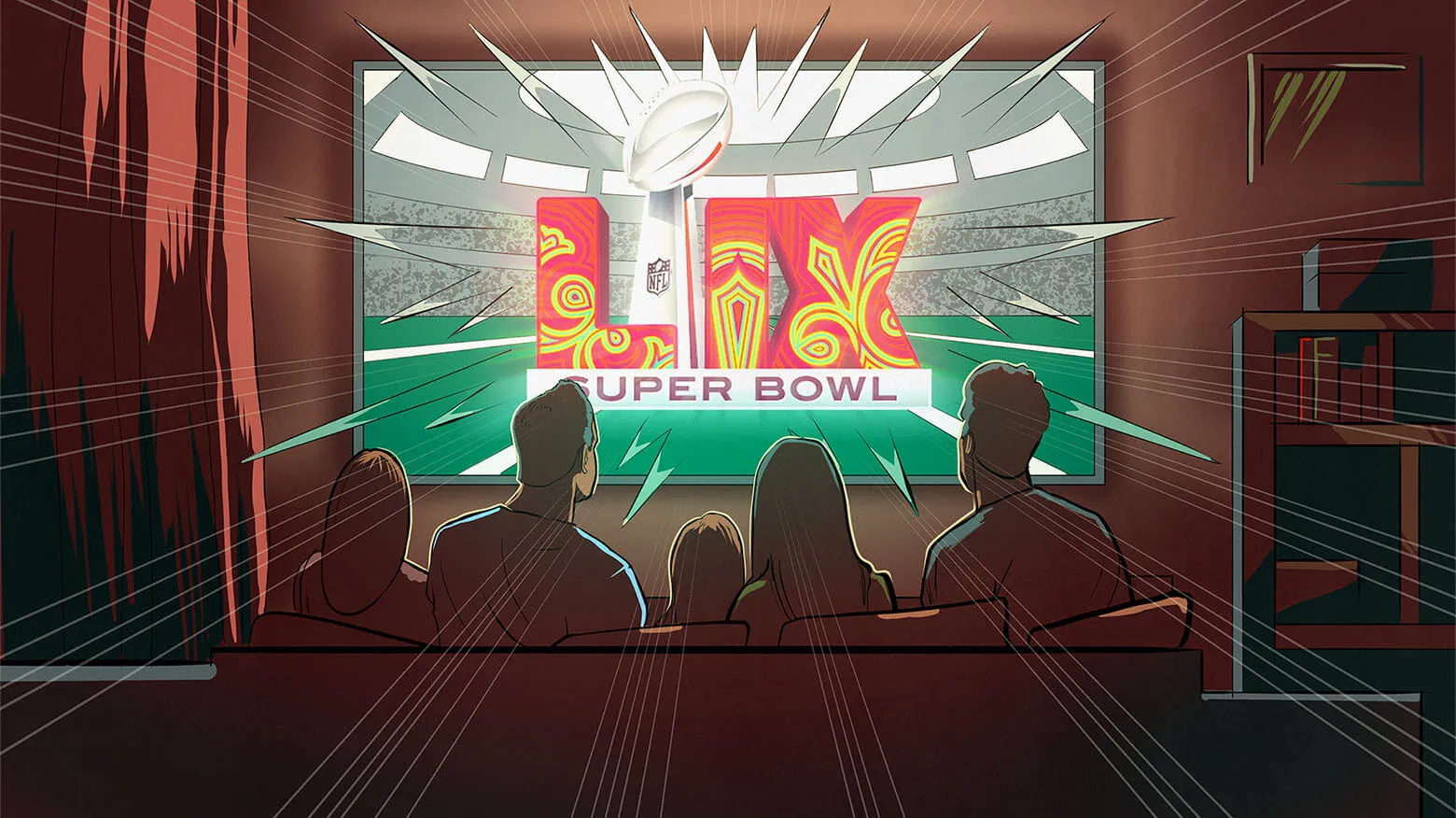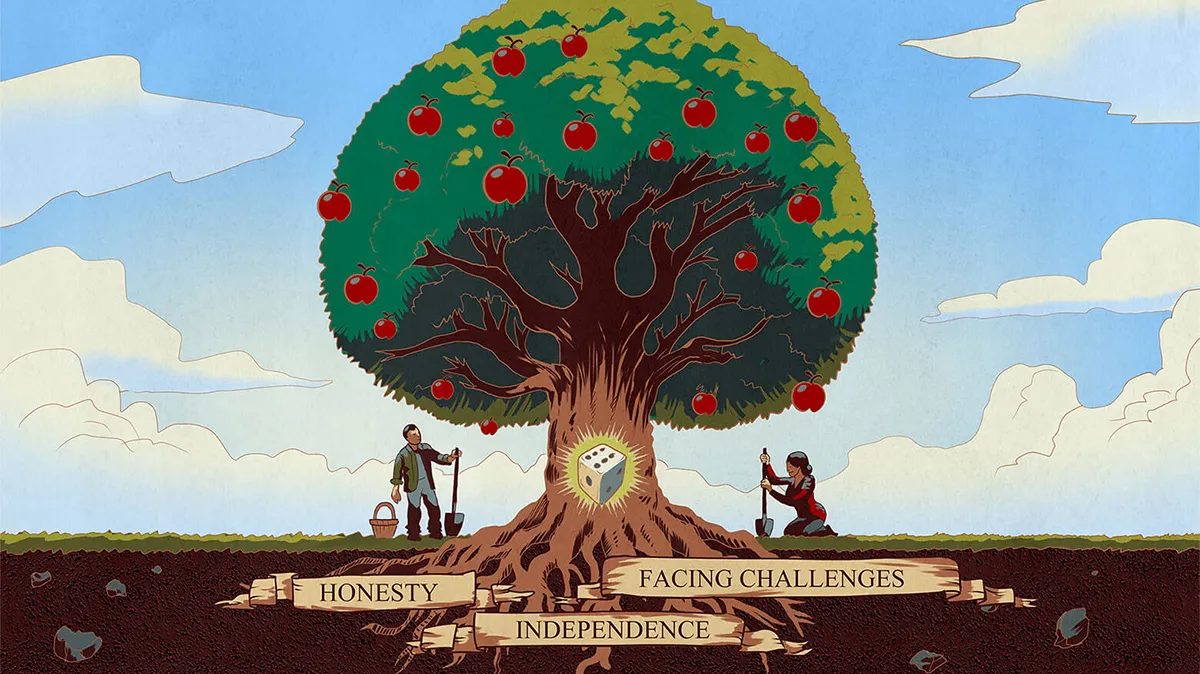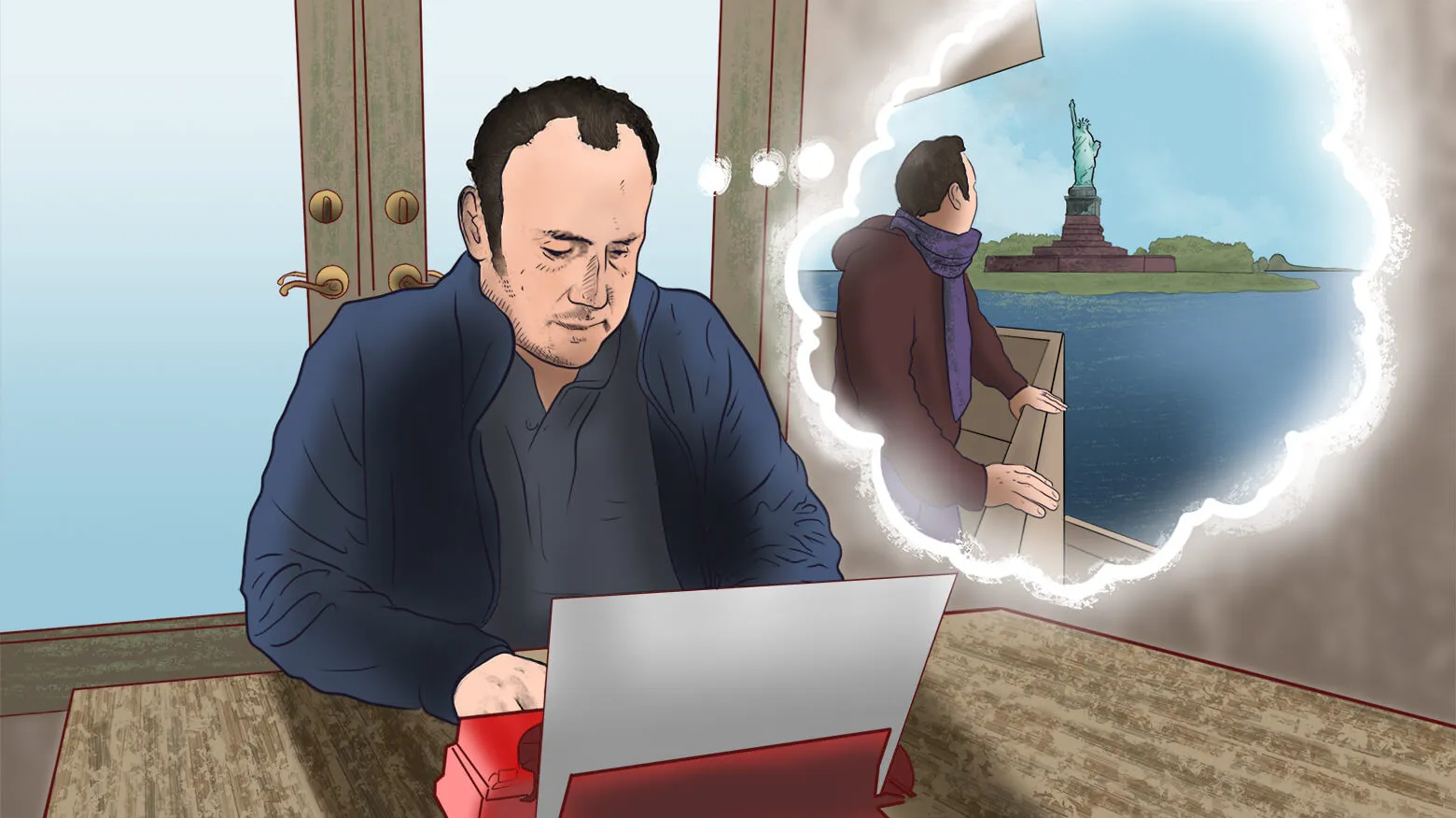Today, I am going to answer a question asked by a reader:
How do you balance your life between being an investor, running a firm, writing and other important aspects of your life such as your family?
Hopefully, my answer helps anyone pursuing a demanding career.
This question gives me a chance to reflect on how I prioritize different areas of my life, from family and investing to personal health and friendships. We’ll explore the concept of intentional living, the management of constrained resources, and why a truly “balanced” life might not be what we think it is.
If a balanced life means all aspects of it, everything – family, work, health, relationships, personal development – are in equilibrium. Then, every part of it is just as important as every other, and thus deserving the same attention (allocation of time) and energy at any point in time. This is not how life really works. Not all aspects of life are equally important at every point in time; some require greater attention and energy, which always (!) comes at the expense of others.
Life, just like an economy, involves the management of constrained resources. In the economy it’s labor, capital, and technology; in life it’s our attention (the currency of time) and energy.
If we treat everything as important, nothing is important. We all prioritize some things over others; it’s just a question of whether we do it mindfully (intentionally) or mindlessly (on autopilot). My goal is to lead an intentional life where I mindfully allocate my time and energy towards tasks that are important to me at this point in time.
My life is not particularly exciting or important, and there are a lot of things I can still do better. In the following exploration, my goal is to bring to the surface little nuances that may help you, the reader.
Here are the areas in my life that require energy and attention. I’ll list them in order of today’s importance: myself, my family, investing (being CIO of IMA), writing, friends, and running the business (being CEO of IMA).
Myself
Airline safety instructions advise passengers in the event of an emergency to put on their own oxygen masks before assisting others, including children or those in need. If I am not in a good mental and physical state, nothing else will matter – I will fail at everything else. I want to make sure I get enough sleep, exercise regularly, eat well, and am in a healthy state of mind (meditation, Stoic philosophy, and walks in the park help).
Physical health
I have very strong willpower when it comes to giving up bad habits (I quit smoking decades ago, and stopped eating sugary desserts when I am here in Denver), but I have little willpower when it comes to doing things I don’t enjoy.
My love for working out rivals the love I have for trips to the dentist. But I know I need to work out– as we get older, our muscles weaken, and we lose flexibility. I tried going to health clubs for decades, but I never stuck to it for more than a month. I have tried to reframe it, to talk myself into falling in love with working out. Let me put it this way: It’s a work in progress.
In the meantime, for the last five years, I have had a twice-a-week standing appointment with a trainer. The trainer is there to train, but more importantly, to push and keep pushing me to do something I know I need to do but don’t like doing.
Eating well
I try not to eat highly processed food, eat a lot of vegetables, and have small portions. A colleague at IMA goes to Whole Foods every Monday morning to get fresh fruits, vegetables, and high-quality protein for the entire office for the week. IMA may not be Google, but we do provide healthy food for our employees. The only rule is no processed, high-sugar foods or carbs in the IMA HQ kitchen. I eat (self-made) healthy salads nearly five times a week.
Enough sleep
I want to get at least seven hours of sleep, so I’m in bed by 9 or no later than 10. (I wrote about the importance of sleep here.) My Oura ring – a digital device I wear instead of a wedding ring – keeps me accountable.
Mental health
I meditate on a semi-regular basis. I take a walk in the park every day if the weather allows. I walk for about an hour while listening to an audiobook, podcast, or earnings call; or I just talk with a friend or family member who joins me. I take these walks less for physical exercise than for mental relaxation. Also, I have an opportunity to sit on a bench, gaze at nature, and meditate.
We Americans are always rushing from place to place. When I travel to Europe, I always envy Europeans for their ability to slow down their lives, to go to a coffee shop, sit there for hours, reading a book or having a long lunch. This may be the false perception of a tourist, but, be that as it may, I want this in my life.
Wednesday is my European day. The day is blocked off from business appointments. That’s nonnegotiable. I have a standing lunch with a friend. It can last an hour or three hours; it all depends on where the conversation takes us. I may decide to see a movie or spend the whole day in a coffee shop. Wednesday is mine; IMA and my family have no claim on it.
Family
It’s essential for me to spend enough meaningful time with my family.
As cold as it sounds, I look at that area through the lens of regret minimization. When you are at the end of your life looking back at it, what will you wish you had done? I am very focused on keeping this area a high priority.
I drive my kids to school almost every day. It is incredible how important framing what we do is in our lives. I used to look at this as a chore, but now I see it as a privilege – they’ll grow up and I’ll miss it. My son Jonah is 22, and I feel nostalgic for the days when I was driving him to school. Thus, when I am in the car with my daughters, I am fully present, and my attention is focused on them (I am not daydreaming about a company in our portfolio).
On Friday nights we have a nonnegotiable family dinner, and Saturday is mostly reserved for family. I cannot take credit for this; that goes to my wife and six thousand years of Jewish tradition. Growing up in a secular Jewish family, I was never exposed to the Friday night dinner (Shabbos) tradition until I got married. My wife is the religious one for all of us in our family.
I have to admit, it took me a while to appreciate staying home on Friday nights. Before I got married, I would always go out to see a movie on Fridays. Staying home is not always convenient. Fast-forward a few decades, and today I really appreciate the tradition – we need a certain amount of melody in our life, rhythms we can identify and expect. They create continuity, stability and a calming predictability in our life.
Also, we may or may not have dinner together on other days of the week, as the kids may have activities; but on Friday nights we all come home for dinner. We may also be joined by friends and relatives.
I liked this idea so much that I adapted it at IMA. Every Friday at around 3pm, we have “Sangria Friday,” where our office gathers for a glass of sangria (or whatever drink colleagues prefer). We all come together to reflect on the week that has passed.
As a side note, I could never relate to people who say “TGIF” (“Thank God it’s Friday”), especially those who start fantasizing about Friday on Monday. If this is you, ask yourself, do I really want to spend more than half my waking life wishing I was doing something else?
Investing
I have two primary responsibilities at IMA: I am its CEO and its CIO. The CIO role is the one I refer to when I say “investing.” This is where I spend the bulk of my time; this is why IMA clients hire me.
I love investing. I still cannot believe that I get paid for this. I am not saving babies from burning buildings, but IMA has a significant impact on the lives of our clients, and thus it preoccupies a lot of my mental real estate. I derive a lot of meaning and creative satisfaction from it.
Mornings are my most productive time, so I allocate them to research – my most important activity. I don’t take any calls until 2 pm unless they are research related.
I discussed this area of my life in this essay: “How do I get any research done since I travel a lot?”
Writing
Writing is something I do every morning – it is an important part of my identity. Some people workout at 5am every day; well, I write. I aim to eliminate as much friction as possible when transitioning from my bed to my writing chair. My laptop and my headphones (I write while listening to music) are waiting for me. I make coffee, and while waiting for my coffee I stretch and do pushups (this gets my blood going).
Writing, and especially writing every day, is the most important thing that has happened to me as an individual and ranks on par with having kids.
It is my time. I focus on investing, different parts of my life, or whatever subject I’d like to explore further. I push into frontiers I have not explored before. Two hours a day of focused thinking – that’s 700 hours a year, which is a lot of thinking. It has tremendously helped my IQ (it needed a lot of help).
There are also many great side effects from writing (which I discuss in this video). You develop a writer’s brain and constantly look for new ideas to explore. It’s a great stimulant for learning (just like investing). To write new things, I need raw material (books, articles, podcasts) to process – it has made me a lifelong learner.
When I sit down to write, I write for an audience of one – myself. But I also get a lot of satisfaction from sharing work that has a positive impact on the lives of others.
My advice to my kids: Write daily. My son Jonah, who is 22, has been writing a daily journal for several months now.
Friends
Family is very important, but I must tell you, life somehow feels hollow without good friends. Friends are people with whom you can share your successes – knowing they will be happy for you, not consumed by jealousy, and still feel comfortable being vulnerable to share your failures. As Seneca said, “No good thing is pleasant to possess, without friends to share it.”
I have a good number of friends – people I really like and admire, who can call me anytime if they need help, and I can do the same. But I only have time for a handful of deep, close friendships because this type of relationship requires an investment of time. I wish I had more of these deep friendships, but this is something I have to give up for other parts of my life.
Running IMA
Finally, running IMA. It may be surprising that it appears last on the list. That is a deliberate choice that involves a lot of thought, systems, and constraints to make it work. It also requires a longer explanation, and fortunately I have spilled a lot of ink in the past on this topic, in this essay.
I would like to repeat this point again: Life is the management of constraints, and thus emphasis on one portion of our life must come at the expense of other parts.
This aforementioned list is going to be different for everyone. It was different for me ten and twenty years ago. Areas of prioritization shift over time as well.
This also means I have to say “no” a lot to requests for meetings. That doesn’t come naturally to me. I never want to come off as a pompous jerk. College students reach out to me for informational interviews, readers want to grab a coffee. There is absolutely nothing wrong with any of these requests, but these meetings always come at the expense of something else (time with my family, research, writing).
Thus, as much as I hate doing it, I have to decline most of these requests. The way I look at it, unlike most people, I write a lot. There is little I have to share that is not in my essays or my books. Advice I have to share with young adults is neatly packed away in my essays, and they can find it there. I meet my readers at get togethers when I travel. (If you want to be notified of those gatherings, please fill out this form).
No matter how much a certain aspect of our lives consumes us, we want to be mindful about not creating a significant debt or deficit for an extended period of time in other areas of our life, as the cost of rebuilding them may be too high for us to bear.
I am writing this from painful, personal experience.
Here is one of many examples: In 2018 I bought a Tesla Model 3. I was so fascinated by the electric car that I dove into a three-month blackhole research of Tesla and the EV industry. This was in addition to all my other responsibilities and came at the expense of my sleep, and thus my health. After three months, my pale face and meek, low-energy behavior triggered my stepmom to express concern and wake me up to the fact that this research was ruining my health. I literally could have fallen asleep driving home from work, or even worse, driving my kids home from school.
As people start to accumulate wealth, they often begin to complicate their lives with multiple homes, exotic investments, and complex tax shelters.
Leonardo Da Vinci said, “Simplicity is the ultimate sophistication.”
I follow Da Vinci’s advice and on my journey of sophistication, I intentionally keep my life simple. Instead of having a second home, we use Airbnb; thus we have second homes everywhere in the world, and leaky roofs and mowing the grass are someone else’s problems.
All of my family’s assets are managed by IMA in the same way as those of IMA’s clients are – no exotic investments or tax shelters. Aside from that being the right thing to do, it also makes my life much easier. There is a tremendous value in simplicity – it frees up time and mental energy.
I also avoid time sinks – other than skiing, which is an opportunity to spend time with family and friends, I don’t have time-consuming hobbies like golf or other sports. There is absolutely nothing wrong with them (I have friends who get a lot of pleasure and meaning from them). I am lucky that they are not my thing, otherwise something else in my life would have to give.
This basically sums up how I lead a mindfully prioritized, though not necessarily balanced life. If we don’t mindfully create, prioritize, and manage the constraints imposed on us by life, it will do it for us. We just may not like the result.









0 comments